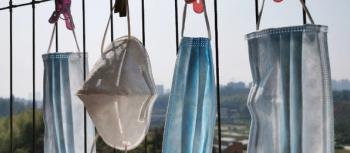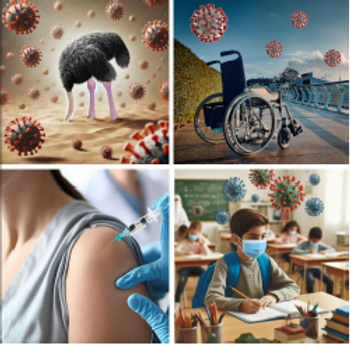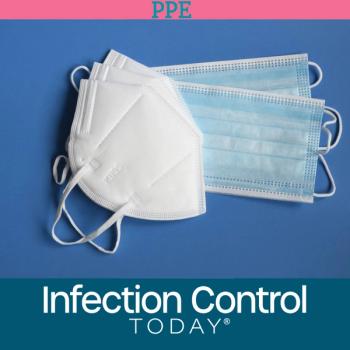
Quantity Not the Only Concern About N95 Masks; Quality Also Matters
There’s a limited number of volunteers vetting a seemingly unlimited amount of PPE.
Most of the news about N95 respirators deals with quantity: There’s a shortage, and too many healthcare workers enter the battle against COVID-19 unarmed. That shortage still exists but, thanks to recent rulings by the US Food and Drug Administration (FDA) that approves decontamination processes for the masks, quantity will hopefully become less of a pressing problem as the battle against COVID-19 moves forward and the curve flattens.
The FDA on Sunday approved an
It’s been known that hydrogen peroxide can decontaminate N95 masks since 2016, but that was never followed by widespread adaptation, because earlier studies did not account for fit testing, which would affect efficacy. Research by Duke University investigators showed that the decontamination process works in the real world.
But a lot of issues surround N95 masks. For instance, there’s also price gouging on the part of companies that would
There’s also the issue of quality.
Project N95 lists the PPE that’s needed by healthcare workers. In addition to N95s, needed supplies include hand sanitizers, ventilators, surgical gloves, face shields, triple layer surgical masks, disinfecting wipes, Cpap or BiPap machines, and isolation gowns.
As Forbes reports, Project N95 also takes aim at the black market for PPE; that’s one of the reasons for the list of vetted products. “One of the key partnerships announced is with Amazon, to coordinate with and enable suppliers to distribute PPE, at no profit through their business marketplace, to healthcare workers and those on the frontlines,” Forbes reports, adding that the data will be shared “with all federal, state, and city governments as well as hospitals, charitable organizations, and influential organizations who support their COVID-19 relief initiatives.”
Newsletter
Stay prepared and protected with Infection Control Today's newsletter, delivering essential updates, best practices, and expert insights for infection preventionists.




